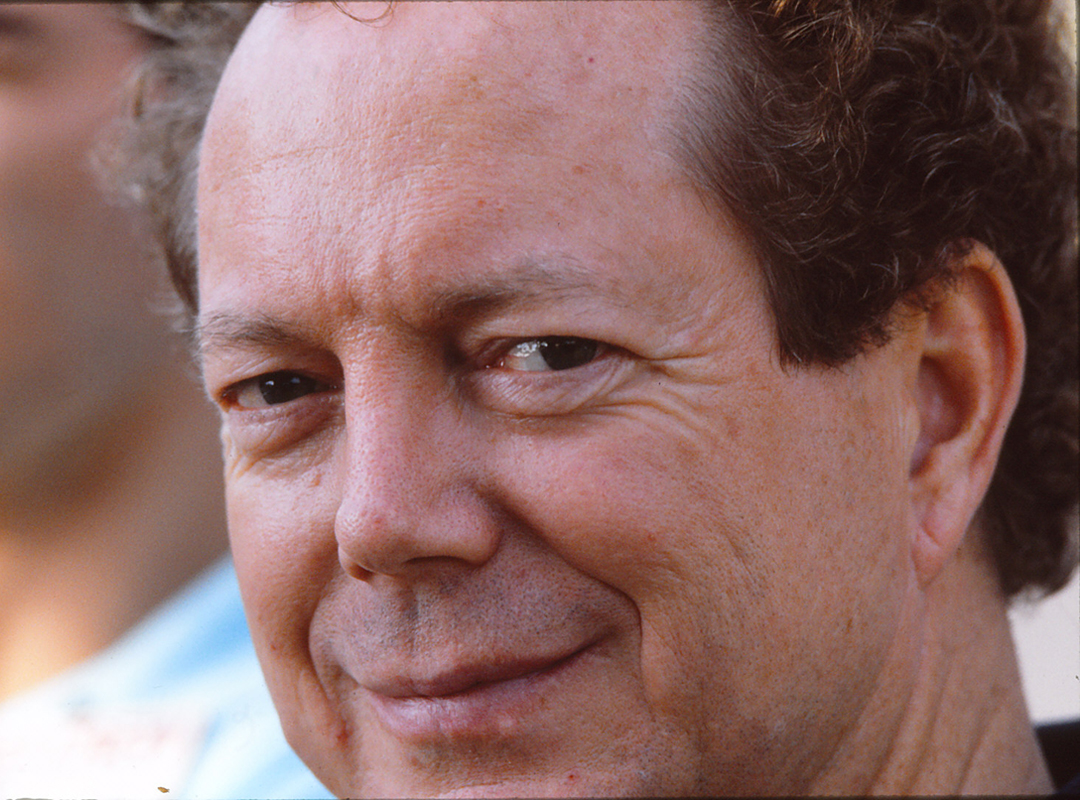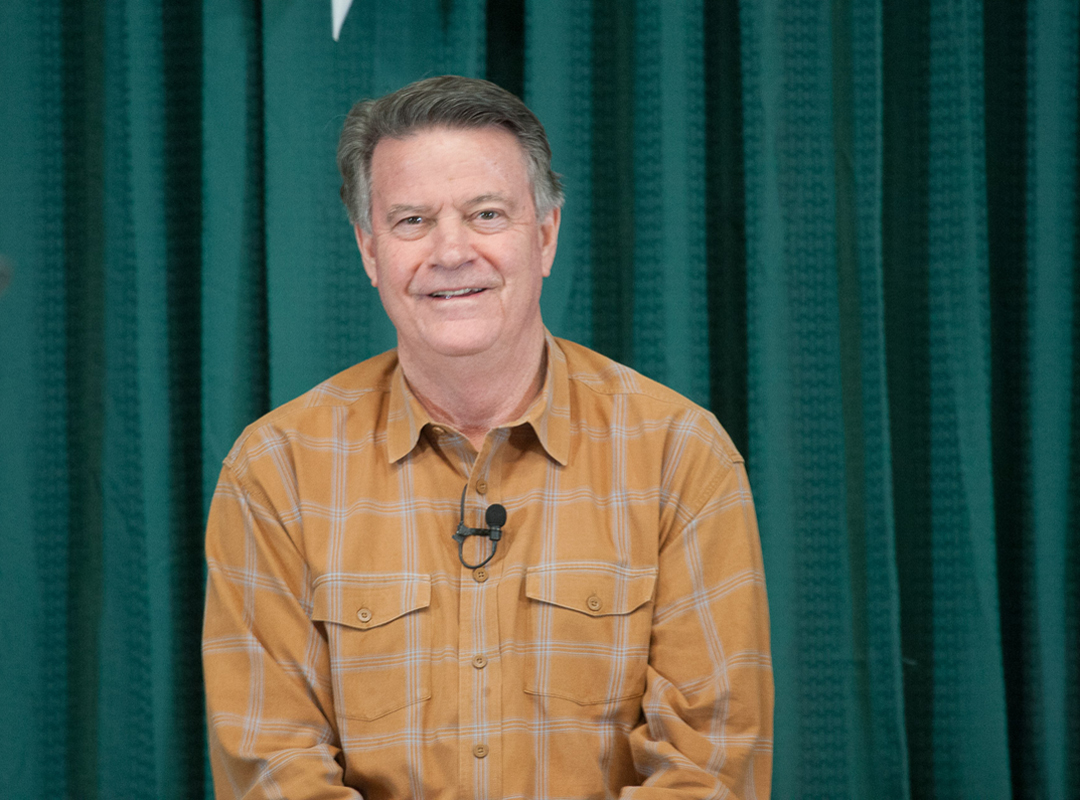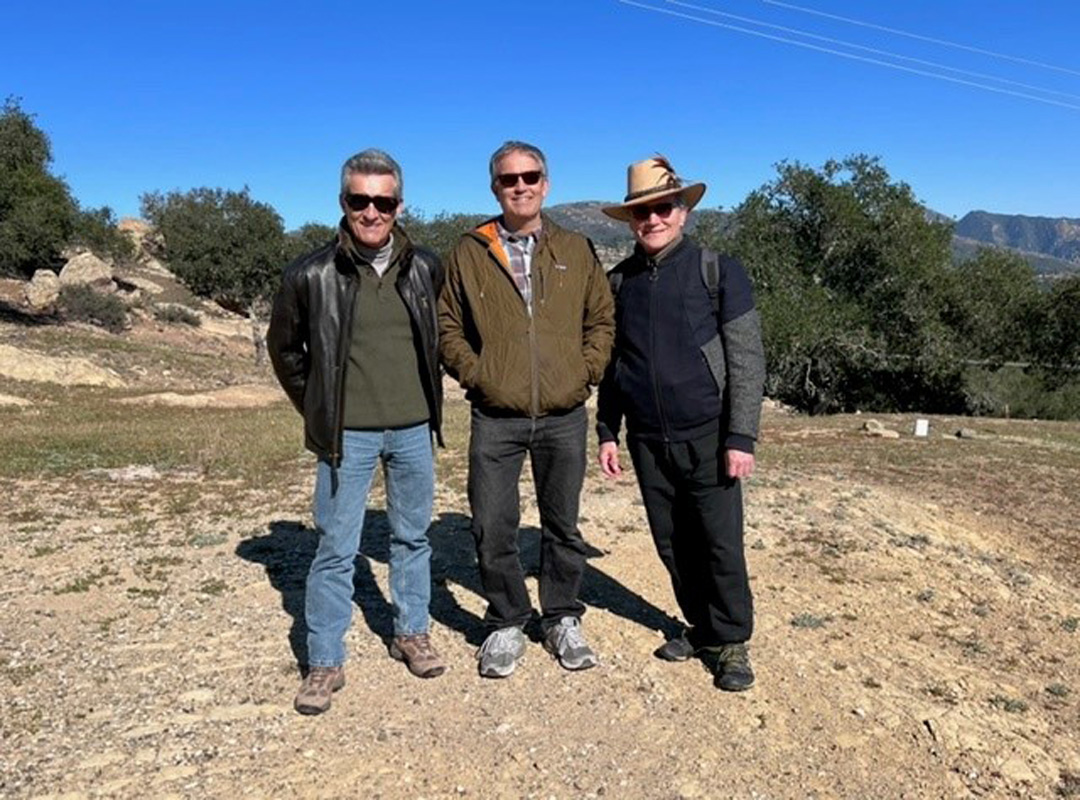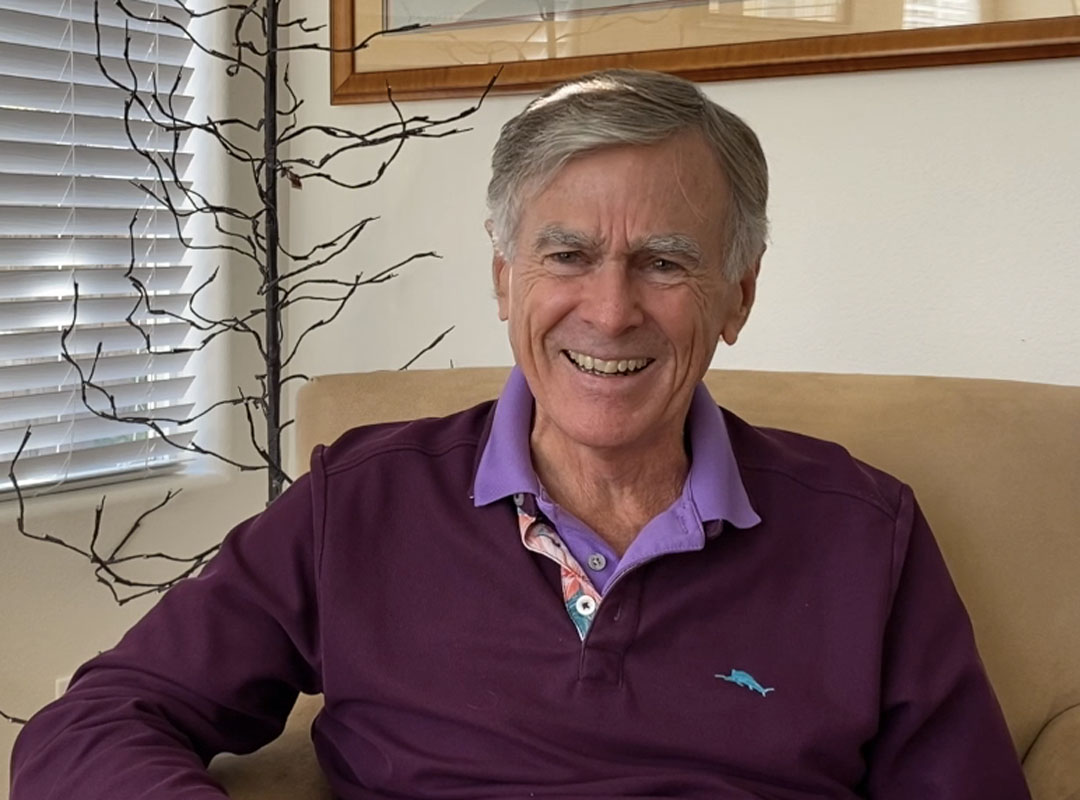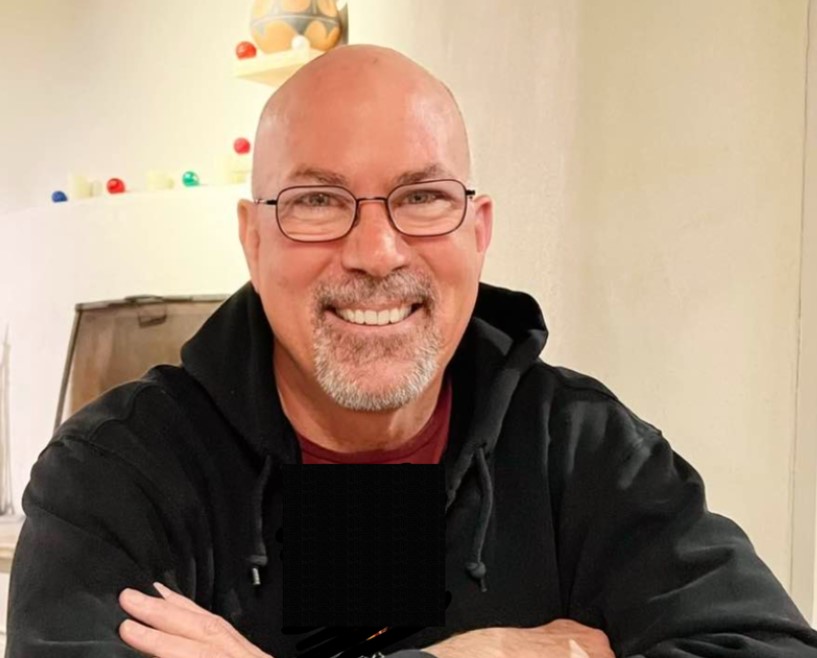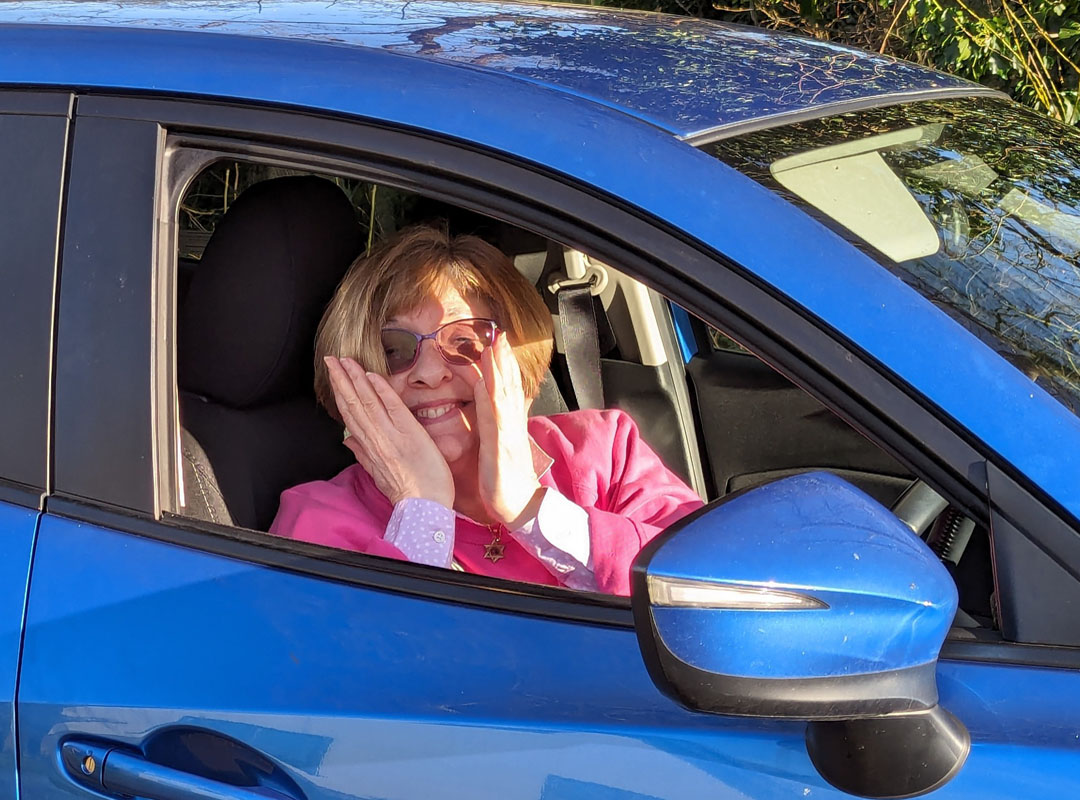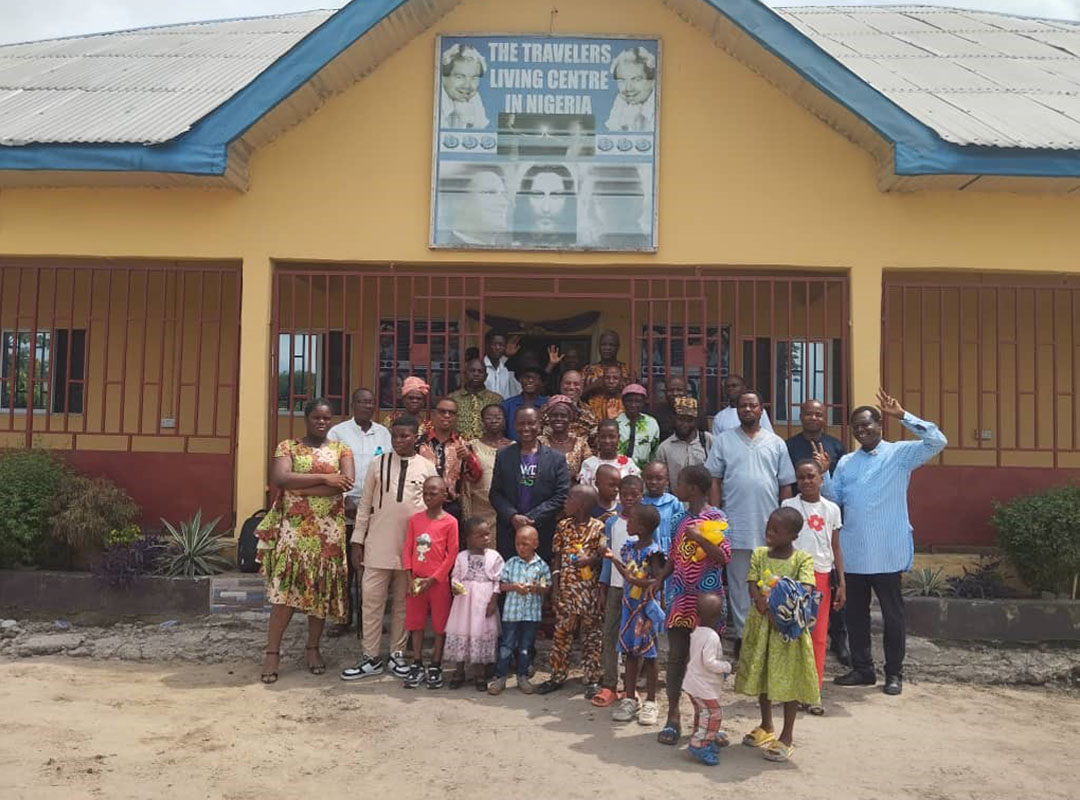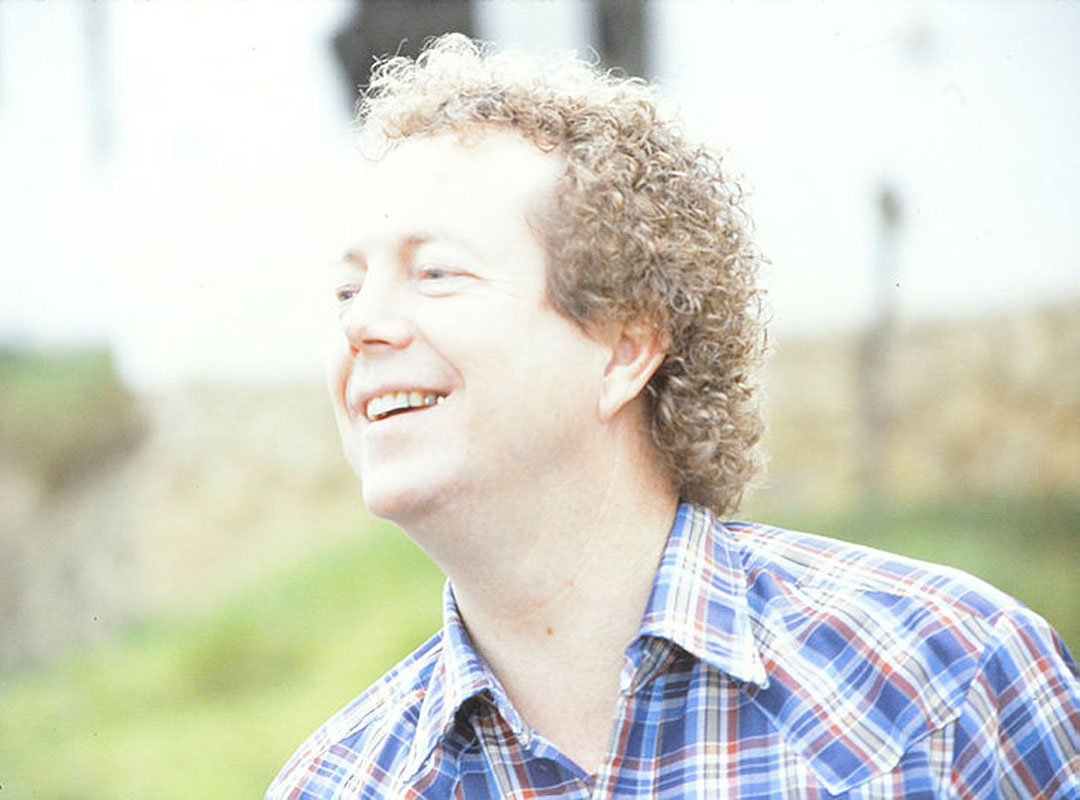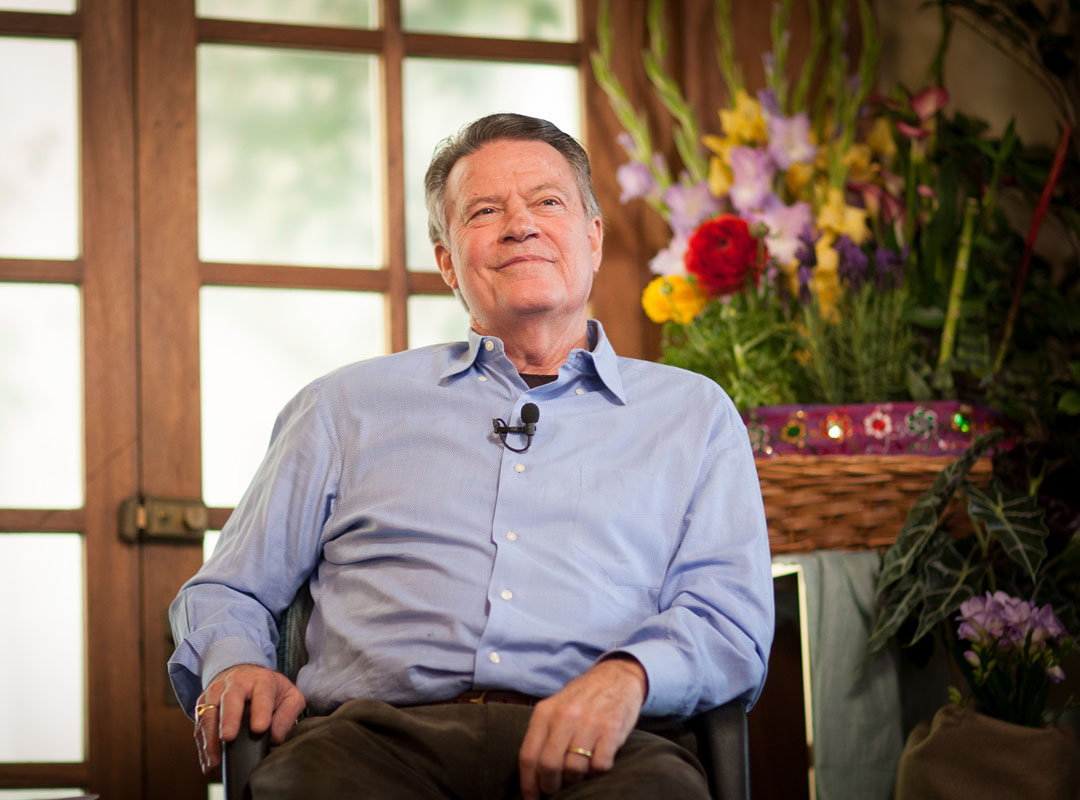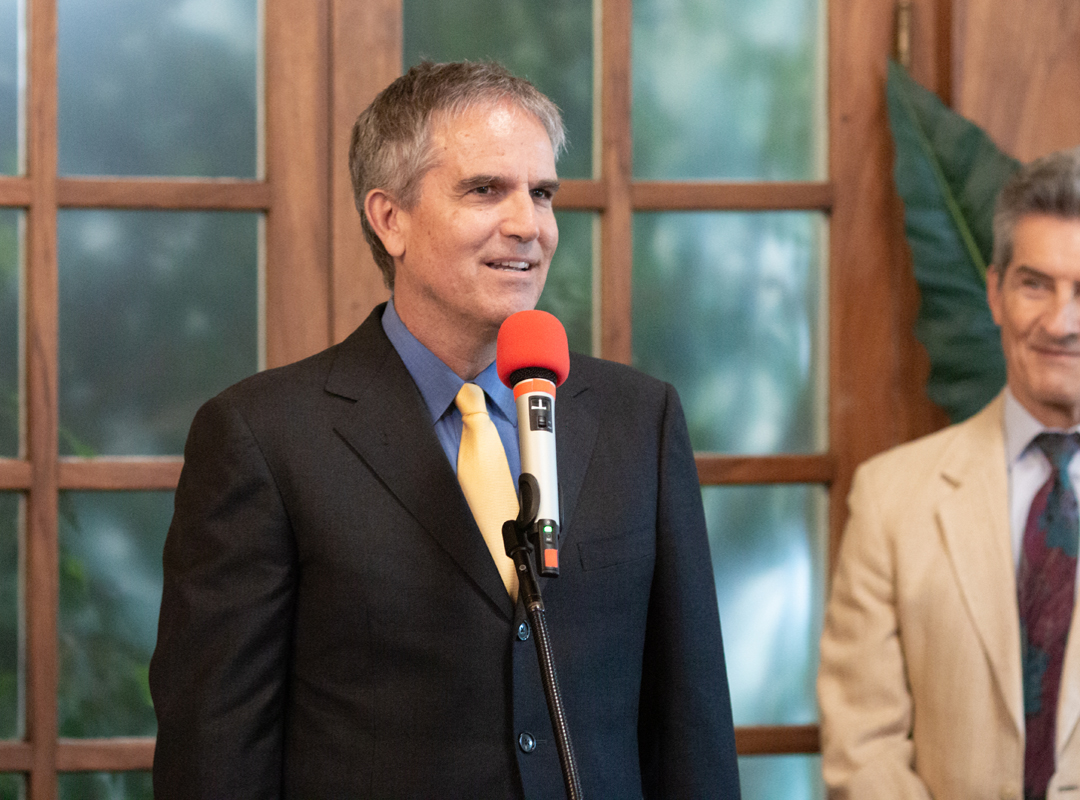This is from a talk that John gave at Cape Town University, South Africa, in 1999, at the Parliament of the Worlds Religions.
I find that the answers to our questions about the great mysteries of life and death are part of the spiritual promise. There is a spiritual promise that what we seek truly and openly we will find. And probably most of us have heard of the scripture from the Bible that says, “If you seek, you shall find.” I consider that part of the spiritual promise—that if we seek the truth, it is our heritage.
For me personally it became a quest, where I was really looking for a fulfilling of the spiritual promise. And part of that process was looking for someone who had some answers. Perhaps, if you are like me, you have read quite a few things trying to find the answers. We have many historical figures that have been written about and we have their teachings, their writings, etc. For me all of that was not sufficient. I didn’t want something historical because it wasn’t alive. I wanted some kind of an answer that was present, here and now.
That process led me beyond my upbringing. I was raised as a Lutheran. It wasn’t a strict process, but I did attend church on Sundays and go through the Sunday school part of that process, which was teachings from the Bible. And it was more of a ritual than anything else. Part of the ritual was that I had to get dressed up. I didn’t particularly care for that part of the process. And it seemed like religion was reserved for Sundays because during the week my family didn’t really have a process where we read the Bible or even said Grace at dinner.
Looking for real answers was a confounding process, because I didn’t know where to find them. I was interested in and would love to have personally known Edgar Cayce. I thought, “Well, I kind of missed it because it seemed like he was a true mystic, but he passed on around 1948.” When I looked around in our contemporary times I wasn’t sure if there was anybody who really was speaking from direct knowledge rather than from some theoretical or philosophical point of view.
As wonderful as all the teachings are that are represented in this Parliament, I still find that words are hollow if I don’t have some form of direct experience with them. For me, that’s part of the fulfillment of the spiritual promise. Part of the spiritual promise is that it is mysterious. It is unknown but available, something that we can find when we seek it. I went to one lecture that was about Maimonides, St. Augustine, Teresa of Avila and many other wonderful figures. But until it becomes something that we can directly relate to in a personal way, there is a form of separation and a form of missing out.
John-Roger, who wrote the book The Spiritual Promise, is in my experience somebody who has his own direct knowledge. The spiritual promise is not exclusive, it’s not unique, it’s not copyrighted, and it’s not controlled by anyone. What we are seeking as a truth and an awakening is something truly available to all.
The Spiritual Promise book can be opened and read at any point without need to go in sequence page by page. On page 16 we find, “If you listen only to the voice of humans you’re going to be stuck in despair. Their words will hurt you, their emotions will all offend you, and their burdens will be heaped upon you. You are more than that body. Don’t ever forget that. There’s so much love, so much glory here and now. If you don’t take of it, it’s because you won’t take of it.”
Let’s try one more here. This is from page 32 if you are following along.
“For you are the cause of all and you are also the effect of all, but you must know it—that you are the cause and you are the effect, for ye are Gods, and you are creators in the making. So create wisely. We are held responsible for our creations.”
I relate to those words right now as something real and honest— that we are creators, and that’s also part of the spiritual promise. We have this relationship that’s been referred to scripturally as “we are children of the creator”—whatever name we would call that creator. But we have a relationship that is a direct one, not something that is inferior or in some way broken down in a hierarchy.
And that’s part of what can be confounding. I can think, “Well, if I have this direct relationship to the creator, why is it that there seems to be so much separation, so much darkness in my own self—let alone in what I experience in the world?”
Part of what I started realizing in working with this process of seeking a living truth, one that was available to me, was that I had to take some responsibility for it. If I attributed it to somebody else, if I became a great scholar capable of quoting great words and great wisdom, it was still hollow. It didn’t mean anything until I could speak from my own experience and from my own voice. And that is part of the responsibility—that we must raise ourselves up. It’s been called many things. A rebirthing. An enlightening. An illuminating. Becoming anointed of the spirit.
I found that when I looked out into whoever has been a demonstration of spiritual awakening, it crossed lines, it crossed genders, it crossed cultures, race, creed, color, and circumstance. It seemed that often part of the testament of the lives of people who have demonstrated their spiritual awakening and fulfilling of the spiritual promise is that they were tested. They were brought into circumstances in their life that called upon them to demonstrate that they were listening and responding to a great truth—one that was independent of governments and threats to their personal well-being.
There are many examples of people who took that relationship to their own spirit even into death. There is a place in Israel that’s currently called Caesarea, a place in Israel that the Romans, when they occupied, named after Caesar. They brought a rabbi into an amphitheater, where they would have plays and entertainments. And basically they gave him a choice—to renounce his faith or be skinned alive. That was the practice—one of many things that people have chosen to do to one another for a variety of reasons that are very difficult to comprehend in a world that has a divine, holy creator.
And part of the story is that through it all, through all that excruciating pain (literally having the skin torn from the flesh) he kept praising God, and his voice kept testifying to his faith and his inner connection.
When I heard the story it was one of those experiences that contained something that transcended the drama of the moment. It was challenging me to consider, “Could I witness my own truth to such a degree? Would I be able to do this?”
We have other examples in some of the Buddhist faiths where there have been protests, where people would pour gasoline on themselves and light themselves on fire as a demonstration that there has been a sacrifice. I started considering, “What is it to fulfill the spiritual promise? Does it mean, as Jesus was quoted as saying, ‘If you follow in this line, if you come follow me, you must pick up a cross’ and a that a cross is a crucifixion?”
If you’re familiar with that part of the story , you know that he carried his own cross to the place of the crucifixion, and that he knew that he was on his way to be crucified. So the teaching was saying that if you are going to follow in this Christ line, if you are going to do what I have done, then you too must pick up this burden. And they will persecute you like they persecuted me. It was said that “The light comes into the world and knows it not.” There appears to be a strange contradiction that can happen in fulfilling the spiritual promise. It can come in the form of something that appears to be a great test, where you must lose your life in order to gain it.
And as I grew in my spiritual realization, I started to question more and more. I had an experience in 1978 that I would consider mystical, one that was a fulfilling of the spiritual promise. I’ll do what I can to describe it to you but I don’t know that I can because it didn’t come in clear, striking images. It was more like a realization—
a realization that I was being allowed to see through time and through all existence. I was seeing something much larger than myself. It wasn’t like “seeing my own life before me” as we have heard people talk about in near-death experiences, but it was more of a passing of all of existence.
What would it be like to see the earth’s life pass before you? Can you imagine that? That’s what I was seeing. There were all kinds of images through time and I wasn’t sure if I was just imagining what it was, or hallucinating. But I was also having a kinesthetic experience of the truth.
I don’t know if you can understand what that means. Maybe you’ve had some experience that you might relate to as a revelation, a sense that the truth was on you and in you, erupting all at once, cascading. All the senses were opened to the truth.
I don’t remember everything that was going on physically because I was basically sitting in a chair in a workshop about service listening to a tape of Ram Dass reading from the Gospel of St. John, the section about the last supper. Jesus was in the upper room with the disciples, telling them about what was about to happen, passing on a mantle of sorts—like, “Now you’re my friends. I’ve told you all that I was here to tell you. I have to go to a place now where you can’t follow. But I’m going there to prepare a place for you.” And he talked about his betrayal by Judas.
Then at a certain point he began washing the feet of the disciples. Peter, one of the principal disciples, protested saying, “You should not be doing this. You are the holy one, the Master.” After all, washing somebody’s feet is a servile kind of thing. It’s not for the elect to do.
Jesus said, “If I don’t do this for you, then you can’t really partake in what I’m delivering. I must wash your feet.” And Peter’s response was, “Not only my feet, but all of me.” I look at that as representational—that there is a symbolic aspect of the truth, and there is also a quality that’s direct, that you can’t avoid.
This mystical experience that I’ve been sharing with you kept moving forward so it was a progression. And part of what was being revealed to me is that God’s spirit and God’s truth and the reality of God had always been on the planet and in all of creation. So the experience was not just about the earth, but it was also about all of creation.
The truth of all of that was that it was NOW—that there was nothing about anything passing through time that was not actually in this moment. Everything was connected in the here and now.
Then I saw the progression of it—that there is an evolution to how this all works. I call it awakening. The realization comes forth as an “I am” kind of realization: that we are all destined to know “who I am,” so that when we speak, “I am.”
In the Bible there is a reference to the voice of God, a revelatory voice saying, “I am that I am.” That was part of the revelation to Moses, and part of his anointing. But the experience wasn’t something exclusive, like “Now you are a member of God’s secret club and we’ll take you where the Angels are.” It was much more something like, “You are still who you are. You are still the same bumbling, stumbling confused person. Life hasn’t changed. And yet this great truth that we all are is being revealed.”
And I saw that this line was shared by all the saints —all those who had at some point also had this realization, which said, “I am a Saint. I am anointed.” The relationship to it is awesome. It’s not about exclusivity. It’s the kind of thing that makes you get on your knees. It makes you prostrate yourself and become humble.
Some have testified to it as, “I am nothing, I’m a miserable sinner. I’m unworthy.” But I really didn’t get it that way. I got that it was part of God’s truth and it promises the ordinariness of us. So even if we’ve done the worst, most despicable things—murdered, raped, pillaged, stolen, all the sins—we are still pure and whole of God. The revelation has nothing to do with what we have done.
And part of the realization of that makes us clean. We give up our crooked ways, our ways that are delusional. I think it has happened to many. It’s part of what happened to Paul on the way to Damascus where he was suddenly blinded, struck down where he was, and the voice asked him, “Why do you persecute me?”
He was convicted of a spiritual truth, and that to me is part of the spiritual promise. When it happens, it’s all-encompassing, it’s direct, but it isn’t necessarily something that happens in that way. It can also happen in the way that I experienced it, which was very gentle, very gradual.
My experience of it is that it is an independent reality, independent of humanity’s morals and laws. So none of us really controls this truth. It’s not a once-and-for-all experience—like, “that’s when I was revelated,” or something like that. It’s an ongoing revelation. And that’s part of the spiritual promise—that we are to become our own revelation.
Baruch Bashan



